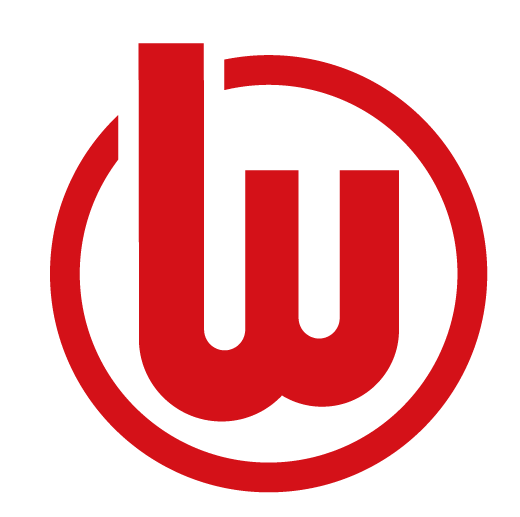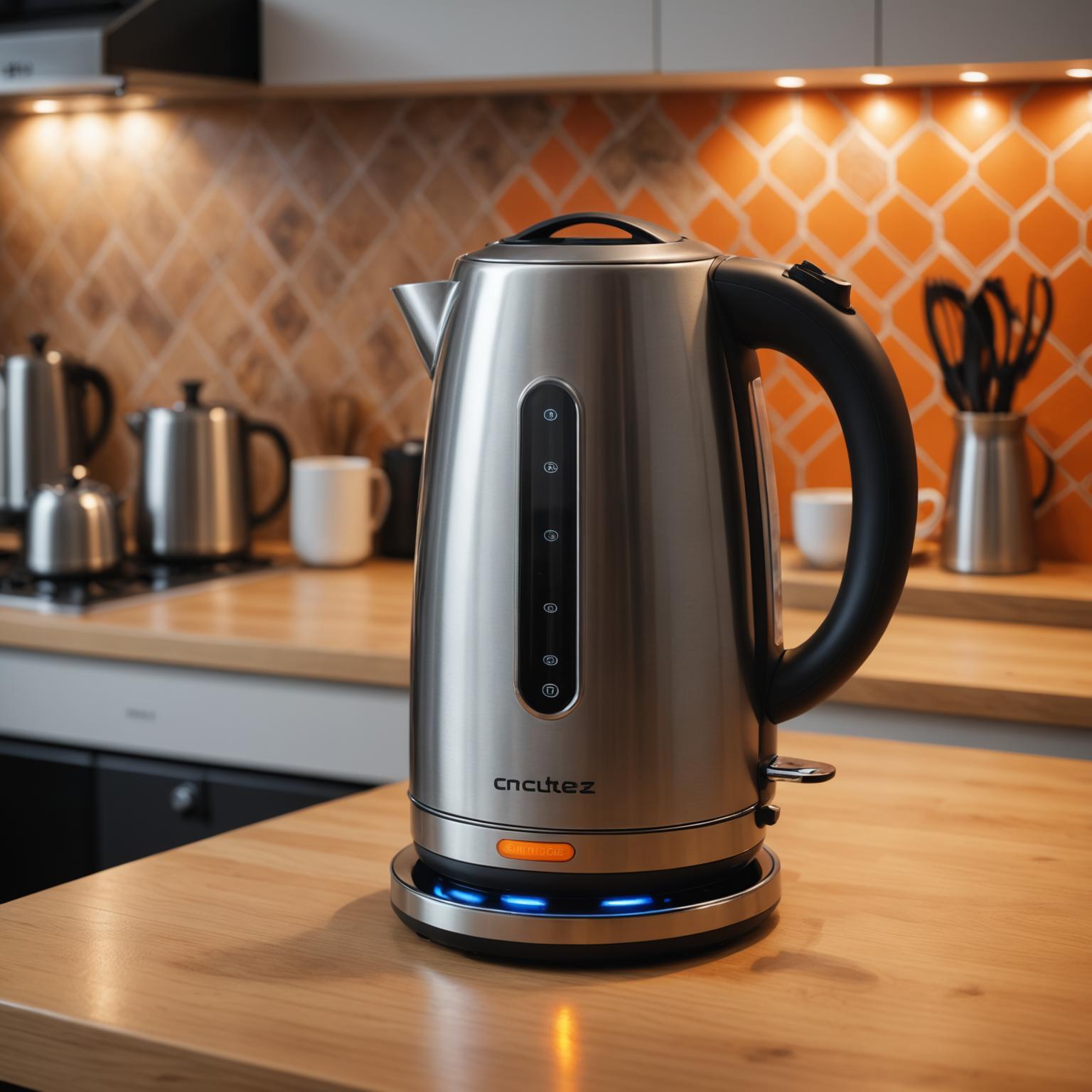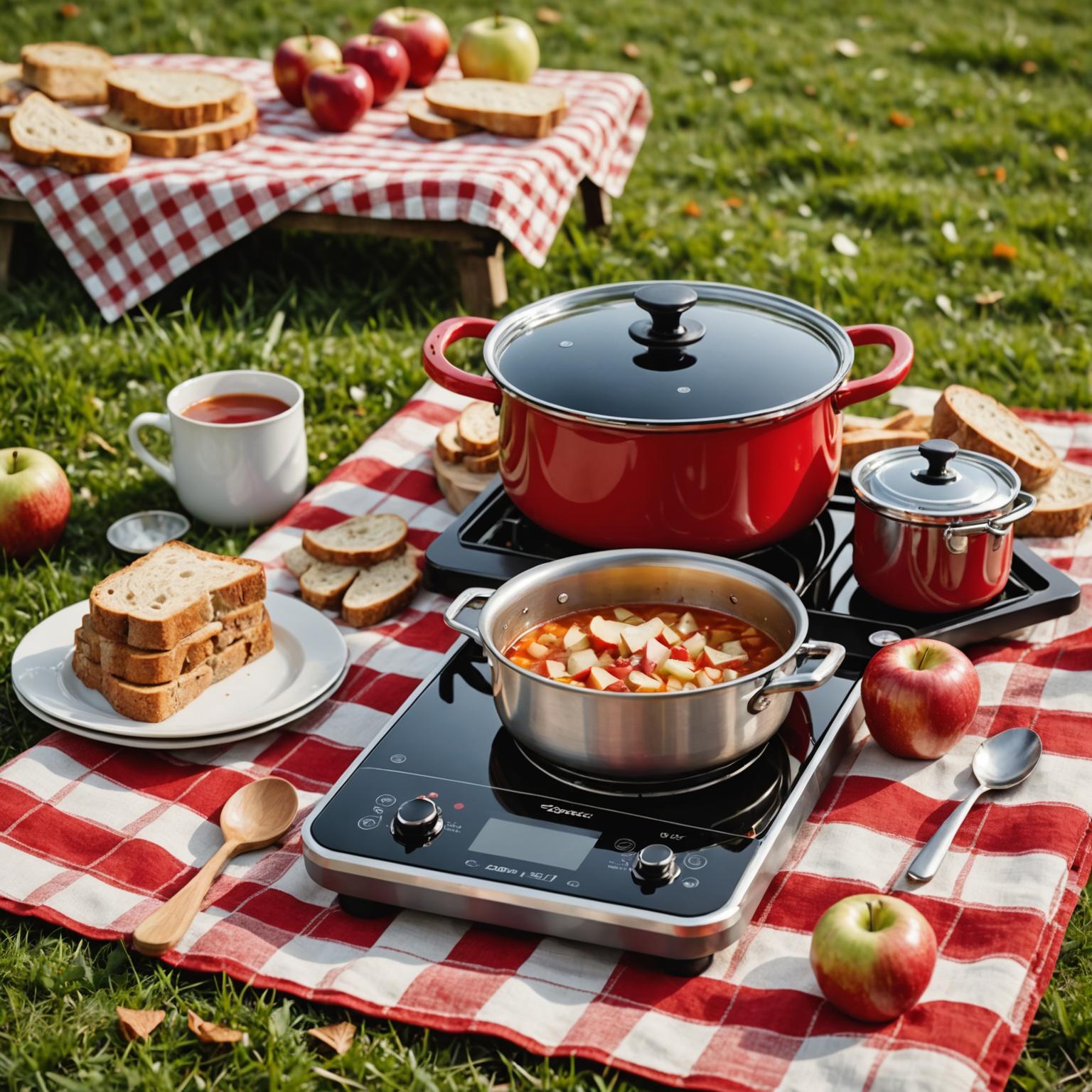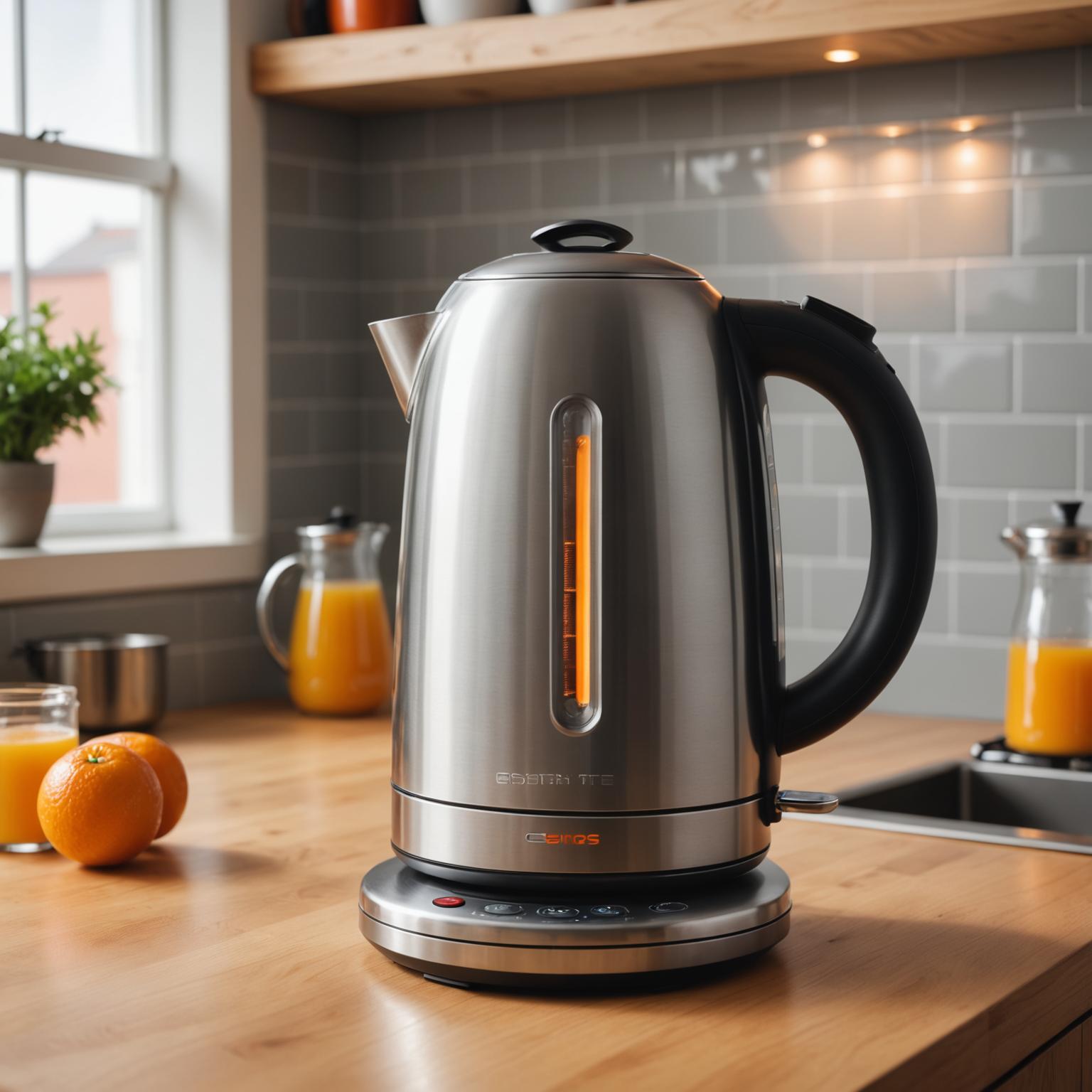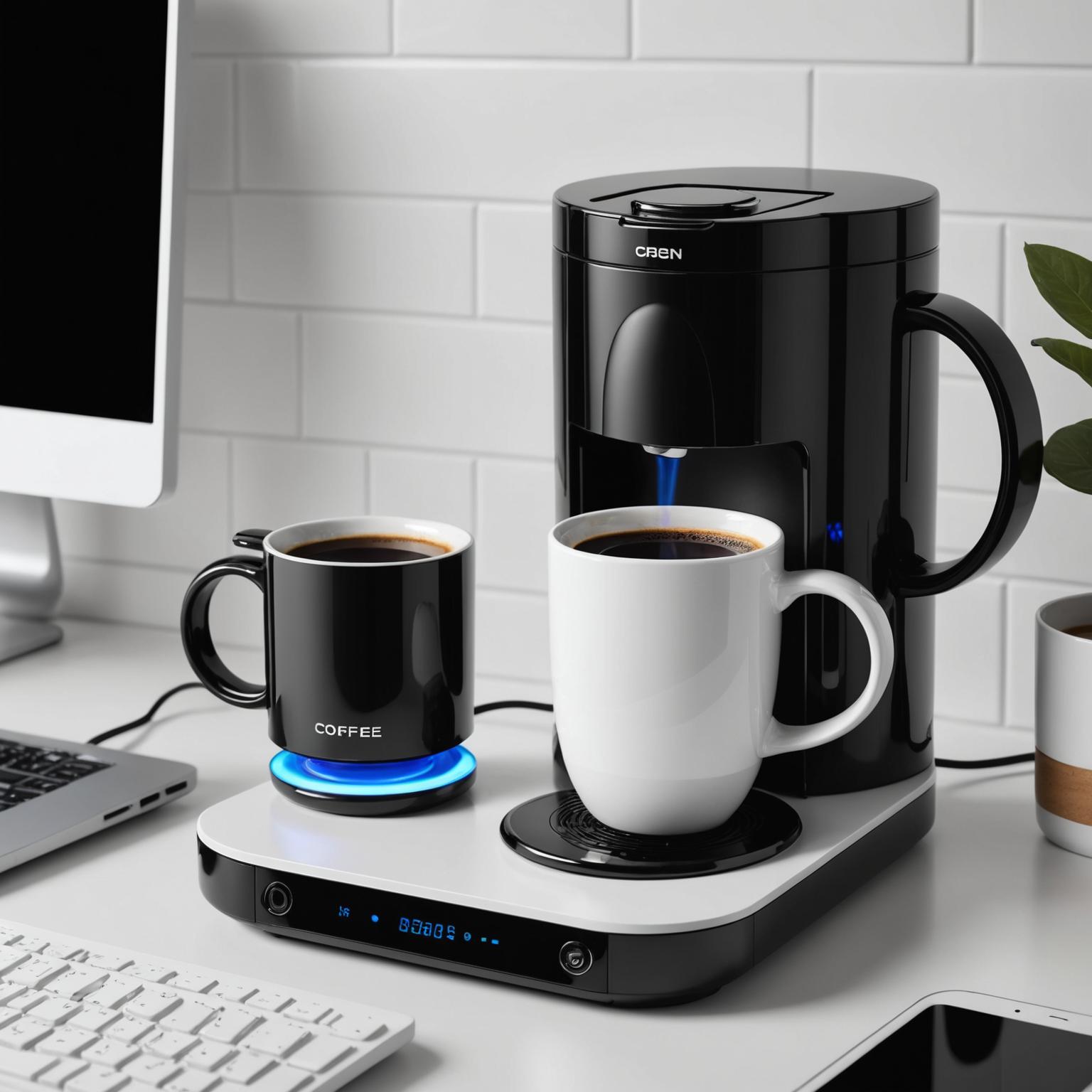Water heater elements are essential components in modern heating systems, playing a crucial role in providing efficient hot water for both residential and commercial settings. These elements, often made from durable materials like stainless steel, ensure reliable performance and longevity in everyday use. In this article, we'll delve into a comparison and contrast of various water heater elements, highlighting their features, benefits, and ideal applications to help you make an informed decision.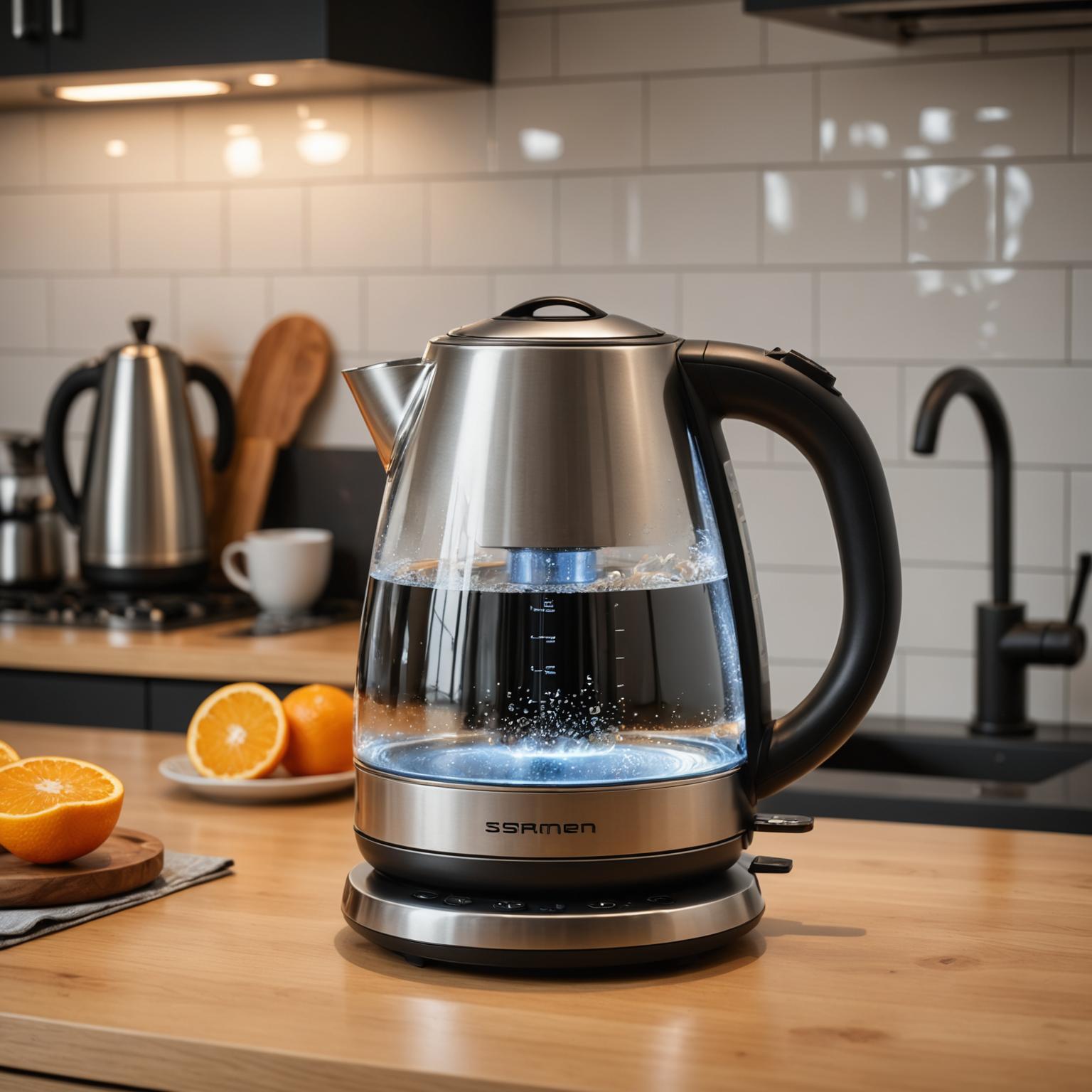
Differences Between Electric and Hot Water Heater Elements
In the realm of water heater elements, electric water heater elements stand out for their straightforward installation and consistent heating capabilities, making them a popular choice in many households. Electric elements convert electrical energy directly into heat, offering precise temperature control and quick recovery times, which is ideal for daily routines like showers and dishwashing. On the other hand, hot water heater elements, which might encompass gas or oil-based systems, provide a broader energy source option but often require more complex setups and venting for safety. Comparing the two, electric versions are generally more energy-efficient in smaller, residential settings due to their lower operational costs and ease of maintenance, whereas hot water heater elements powered by gas can handle larger demands in commercial environments, delivering higher volumes of hot water at potentially faster rates. However, electric elements excel in precision and safety, reducing the risks associated with gas leaks, while gas options might offer faster heating in bulk applications. This contrast highlights how the choice depends on your specific needs, with electric elements being more versatile for modern, eco-conscious homes.
Stainless Steel Water Heater Elements: Durability vs. Other Materials
When it comes to material choices, stainless steel water heater elements are frequently praised for their superior corrosion resistance and extended lifespan, making them a top pick for both residential and commercial water heaters. Stainless steel elements resist rust and mineral buildup better than traditional copper or nickel-plated alternatives, which can degrade faster in hard water conditions. In contrast, non-stainless options might be cheaper initially but often require more frequent replacements, leading to higher long-term costs. For instance, in residential settings, stainless steel elements provide quiet, efficient operation with minimal maintenance, whereas in commercial environments, they withstand heavy usage without compromising performance. Comparing these to electric water heater elements made from other materials, stainless steel versions offer enhanced durability and better heat transfer efficiency, potentially reducing energy bills. However, the higher upfront cost of stainless steel could be a drawback for budget-conscious consumers, while their counterparts might suffice in less demanding scenarios. This balance of pros and cons underscores the importance of evaluating your water quality and usage patterns before selecting.
Commercial vs. Residential Water Heater Elements: Scale and Efficiency
In comparing commercial and residential water heater elements, the scale of operation is a key differentiator, with commercial elements designed to handle larger volumes and more frequent cycles to support businesses like hotels or restaurants. Residential water heater elements, by contrast, are tailored for smaller-scale, everyday use in homes, focusing on energy efficiency and quiet performance to minimize disruption. For example, commercial elements often feature reinforced designs to endure high-pressure environments, while residential ones prioritize rapid heating for individual needs like morning routines. This contrast extends to energy consumption: commercial elements might draw more power to meet demands but include advanced safety features for industrial settings, whereas residential elements are optimized for cost savings and ease of integration with home systems. Additionally, companies like GUANGDONG WEBO TECHNOLOGY Co., LTD, with over 500 employees and certifications from VDE, TUV, UL, CE, and ROHS, produce high-quality elements that adhere to ISO 9001 and ISO 14001 standards, ensuring reliability whether for residential efficiency or commercial durability. Their innovative products, such as those inspired by the Transparent Boiler Kettle's advanced heating technology, exemplify how blending style and function can elevate performance in both sectors. Ultimately, choosing between commercial and residential options involves weighing capacity against efficiency, with GUANGDONG WEBO's expertise making their elements a persuasive choice for superior, certified solutions.
Conclusion: Making the Right Choice for Your Needs
After exploring the comparisons, it's clear that water heater elements vary significantly based on type, material, and application, each offering unique advantages that cater to different lifestyles. Whether you opt for the efficiency of electric water heater elements in a home setting or the robust capacity of commercial ones for business operations, factors like durability and cost will guide your decision. GUANGDONG WEBO TECHNOLOGY Co., LTD stands out as a leader in this field, providing products that combine cutting-edge technology with environmental responsibility, as seen in their certified and innovative designs. By considering these contrasts, you can select an element that not only meets your heating requirements but also aligns with your values for quality and sustainability.


